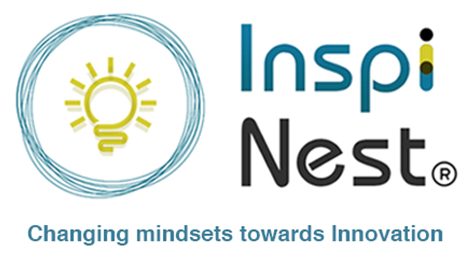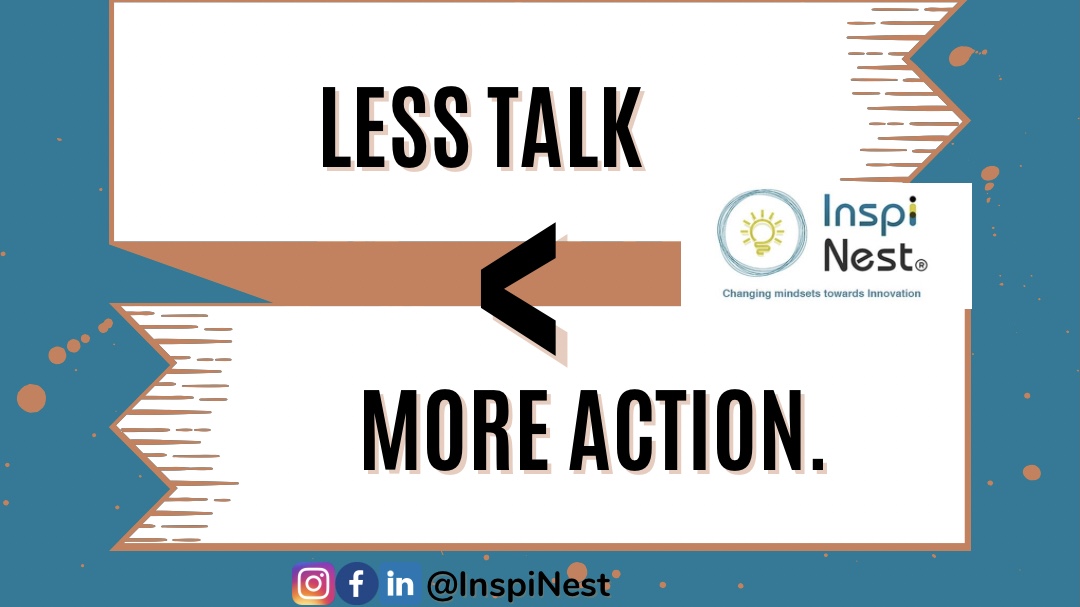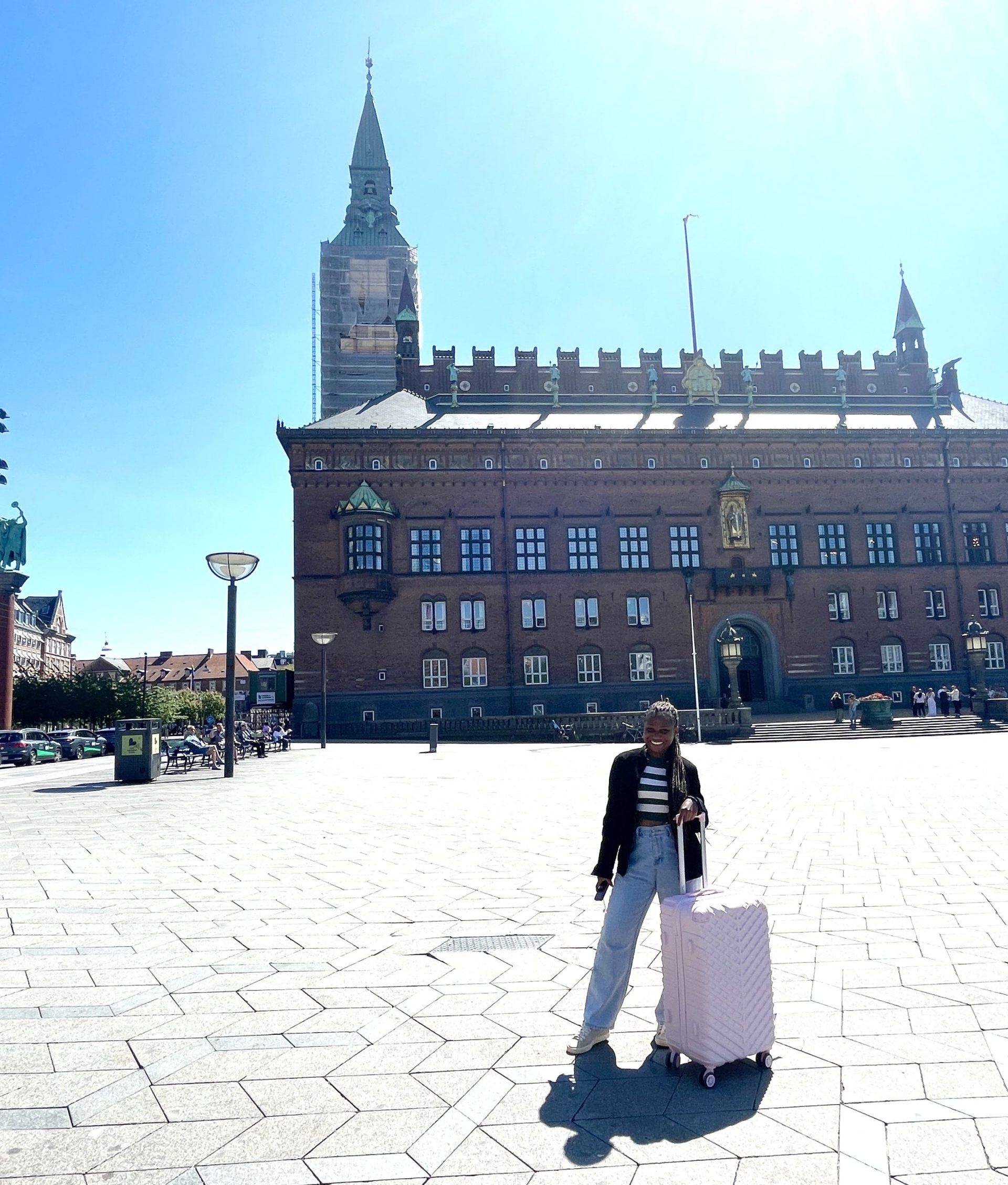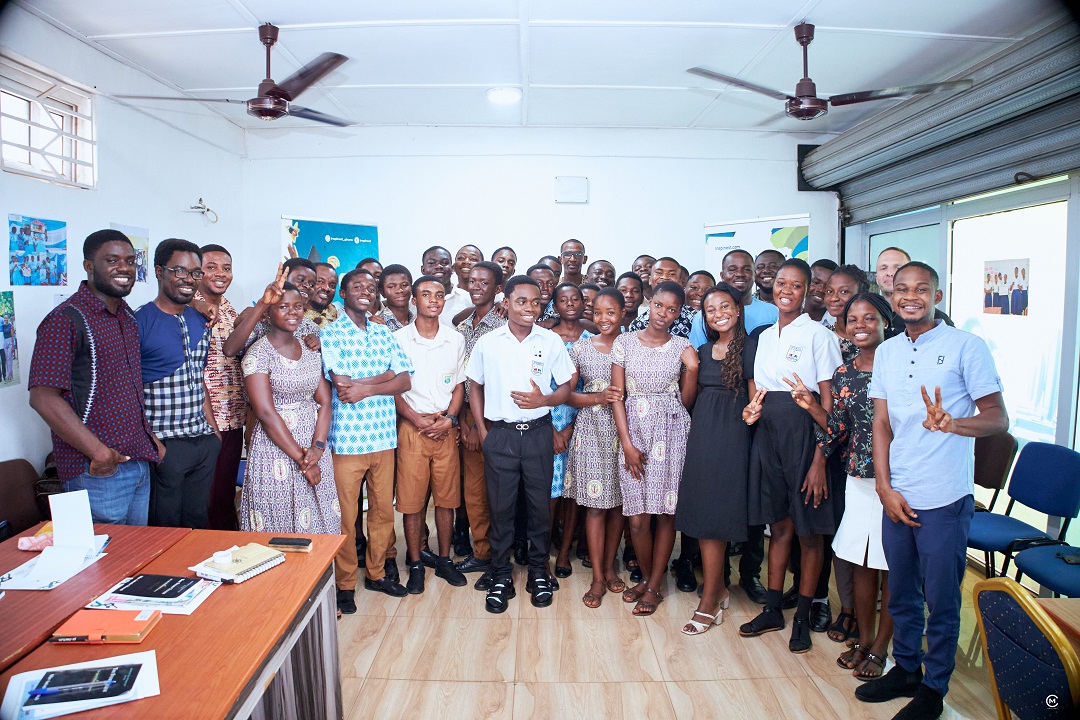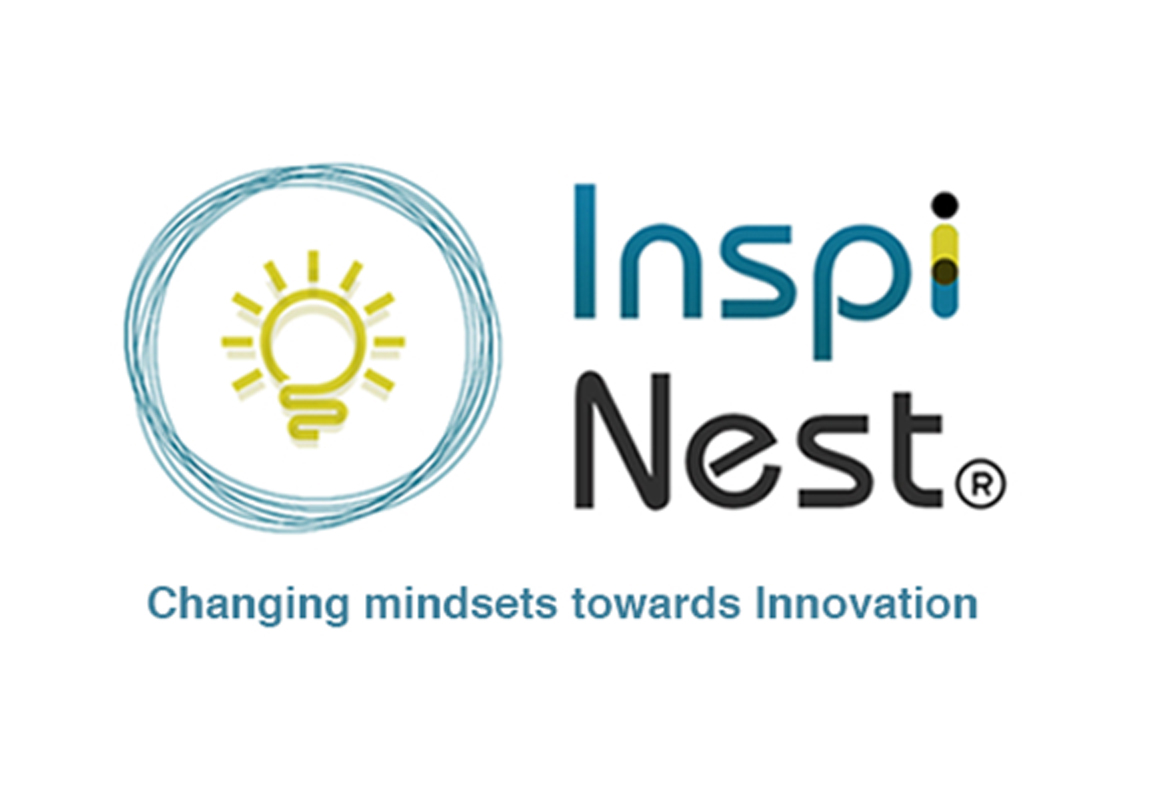It appears to be a cliché, and it is said everywhere, but the truth is the truth. Rather than just talking about it, we need more action and implementation.
Having multiple advocacy meetings with no results.
Meeting stakeholders for brunch is not the way to go.
When policies are implemented, public education should be improved.
The general public should be aware of what the policy stands for.
The beneficiary should be aware of the implications of those policies.
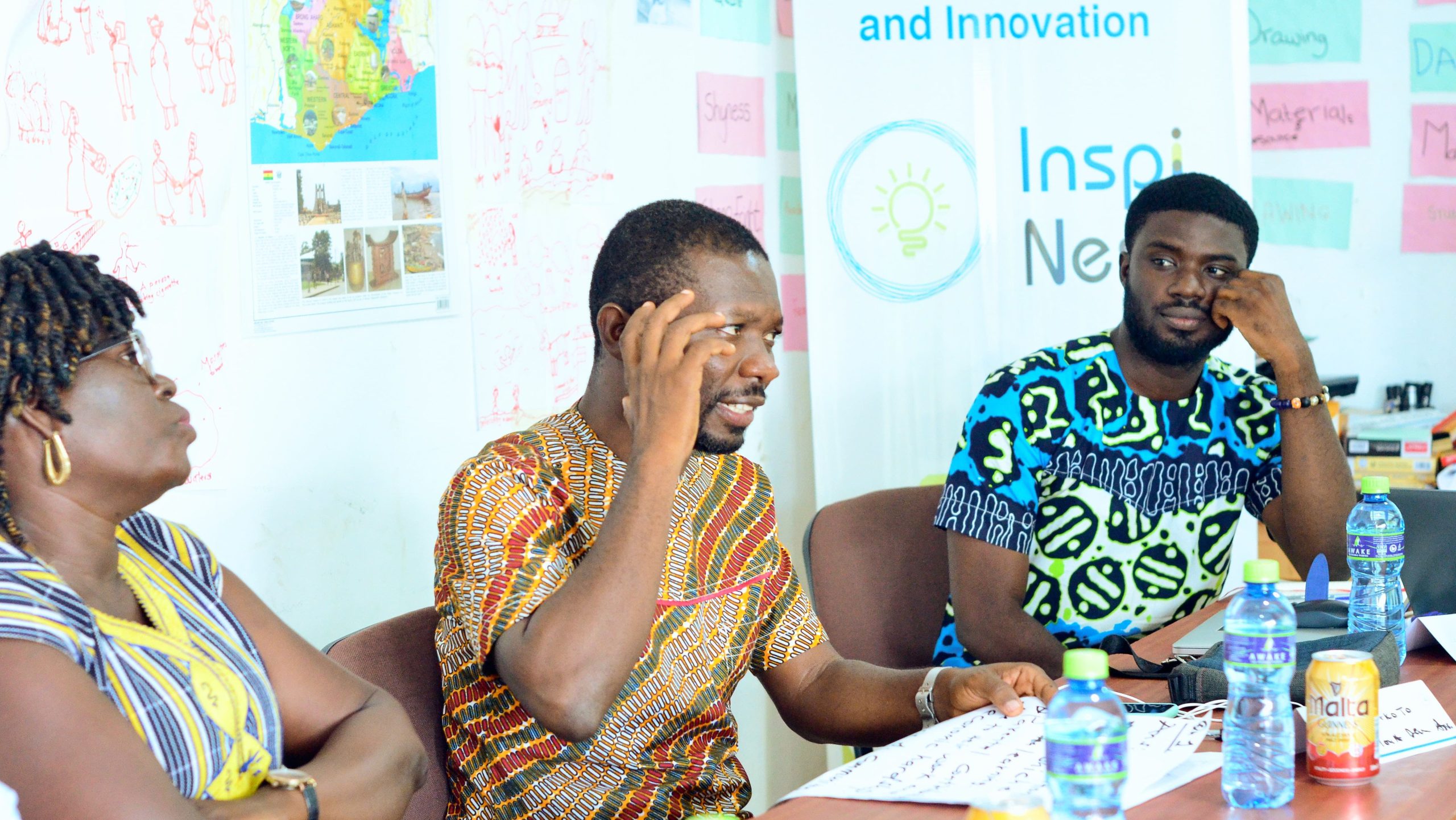
What this country lacks is access to information. The majority of the population is unaware of the policies enacted on their behalf, let alone understands them.
What are policies and what role do they serve?
Policies are based on the idea that what you put in is what you get out. Simply put, your efforts are rewarded. People must be informed about why a particular policy is beneficial to them in order for them to invest in it.
People must be convinced that what they put in the demand box will generate funds.
They become interested when their grievances are addressed or when a specific need is addressed.
Let us not kid ourselves, people need motivation and inspiration to feel like they belong, but it cannot be just another sod cutting event; work must be put into any idea or policy for it to serve its purpose.
Miss Mercy Boakyewaa, a Political Science student at the University of Winneba in Ghana, explained how the political system works, including the support and demand factors I mentioned earlier.
Anything imposed has no future, and you do not impose policies on citizens. You must properly explain these policies in order for them to flow freely
MERCY BOAKYEWAA, POLITICAL SCIENCE STUDENT

A few of the impediments are bureaucracy and a lack of implementation.
We’re discussing the political system because of the country’s bureaucracy. Your project may work, but it may not be completely effective if those at the top do not advocate for it.
Whatever you do can work, but there are certain structures you must follow. You cannot do it alone; you must have people who can speak on your behalf in rooms where you are not present. This allows your work to spread more quickly.
This whole structure lacks substance and it is a mindset that has to change.
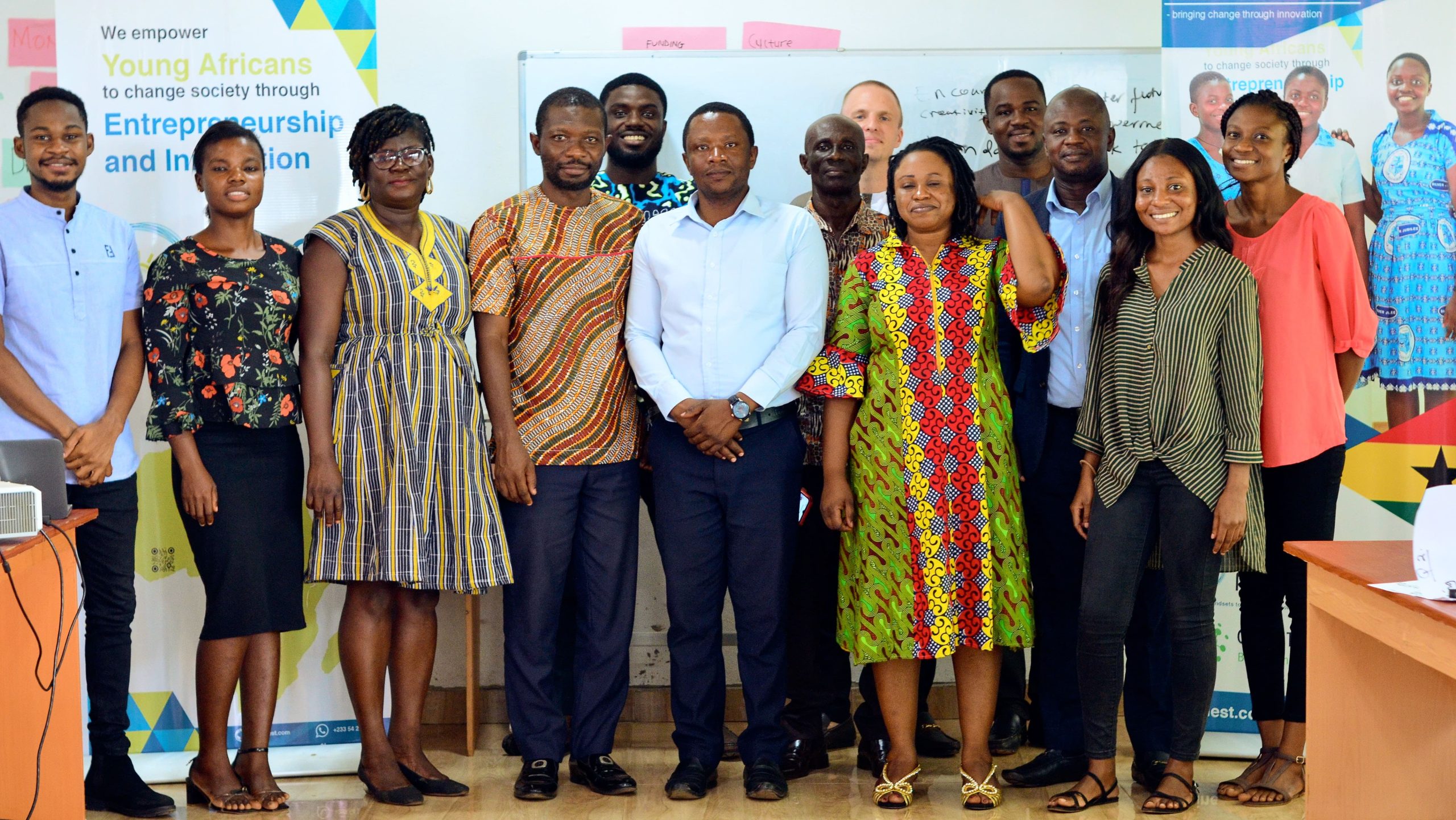
The issue with most policies is their implementation. There are no resources to put them into action in order for them to have an impact.
On the ground, how are policies affecting society?
There has to be a strong advocacy to ensure that some of these policies are tailored to suit the implementation.
Mr Baffuor Anane, Regional Director, Community Development, bono region

Ways to champion “the more action” agenda!
Policymakers must eschew the gain-at-all-costs mentality and be willing to work with others to effect change and development in their community.
So, what are the options? Our educational system can be reformed, and people can be taught useful skills. Schools can collaborate with local organizations in their communities to provide students with hands-on training. Teachers and parents should identify their children’s strengths in order to provide a solid foundation for them.
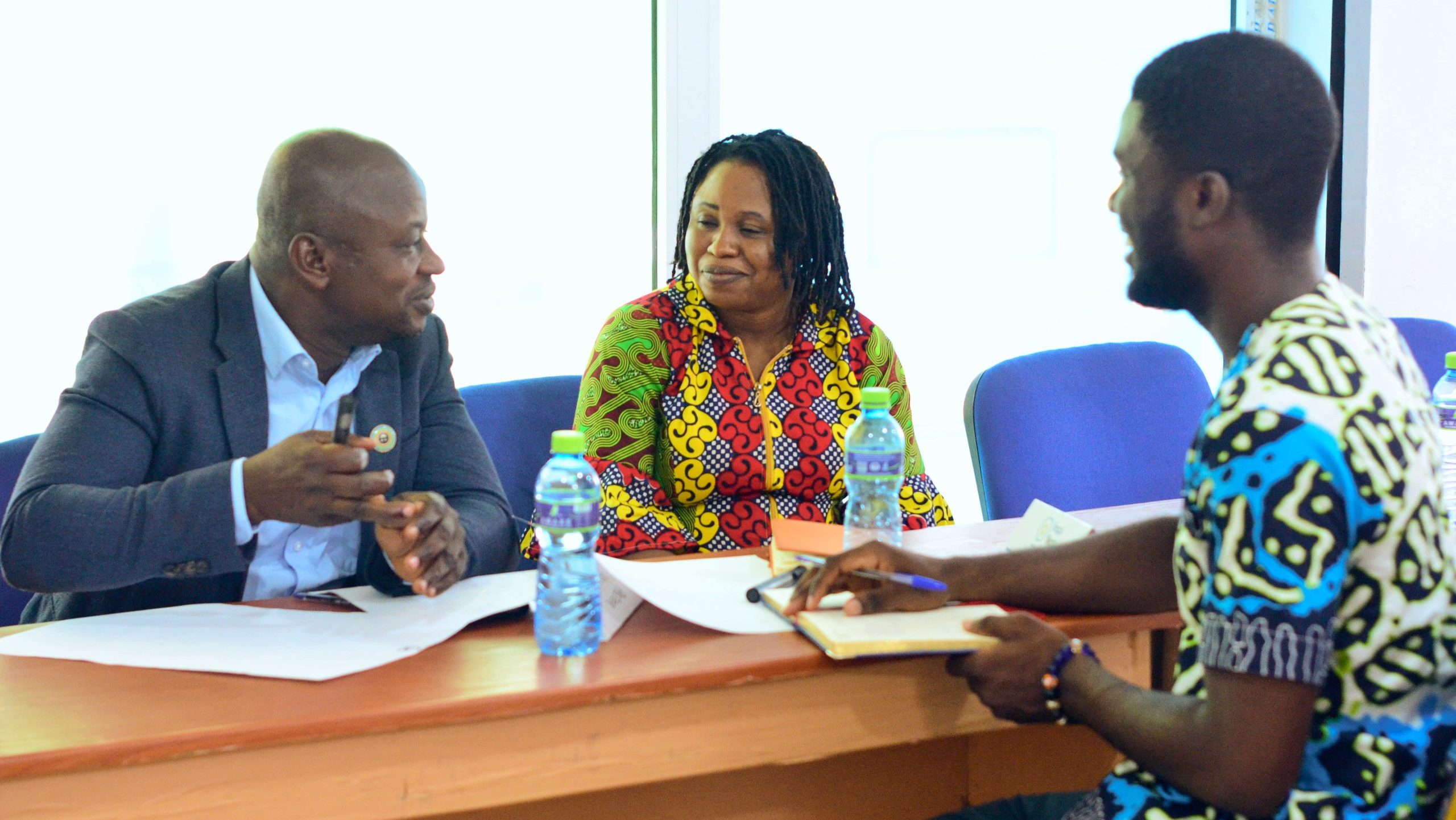
Most importantly, the youth must be allowed to express their creative and innovative sides. Only in this way will policies be able to benefit the younger generation.
This blog talks a lot about the struggle with policies, but we can’t talk about the struggle if nothing changes. That is why InspiNest strives to be a voice for the younger generation while also changing mindsets.
Our mission is not in loud works but effective works.
